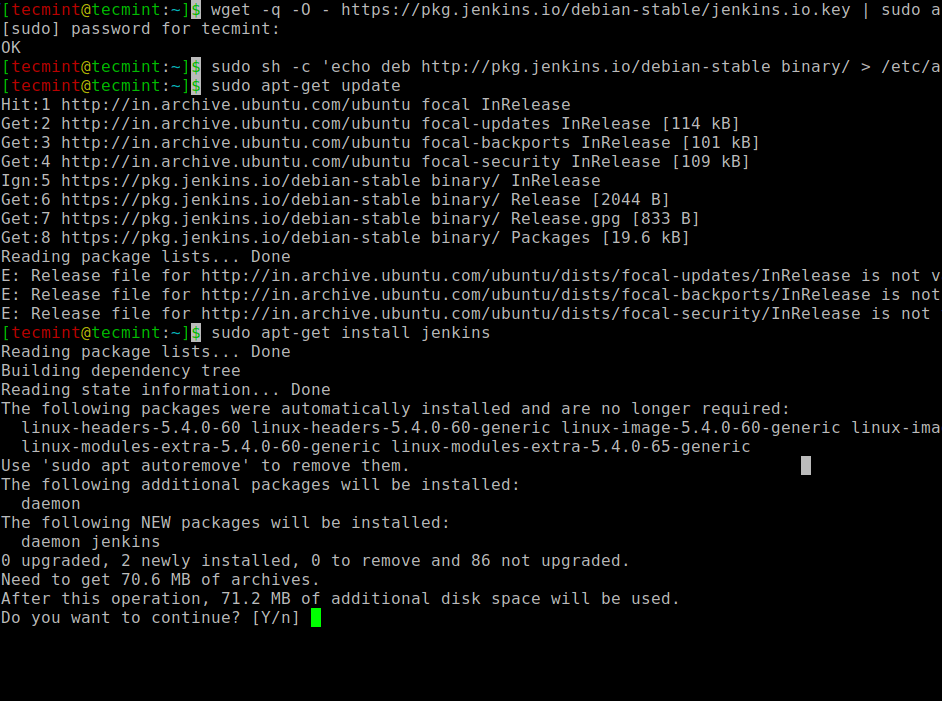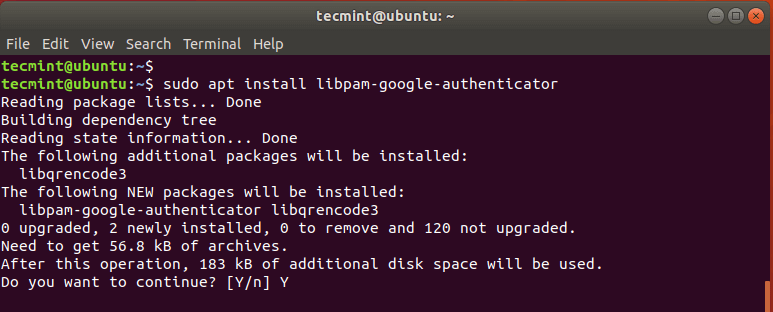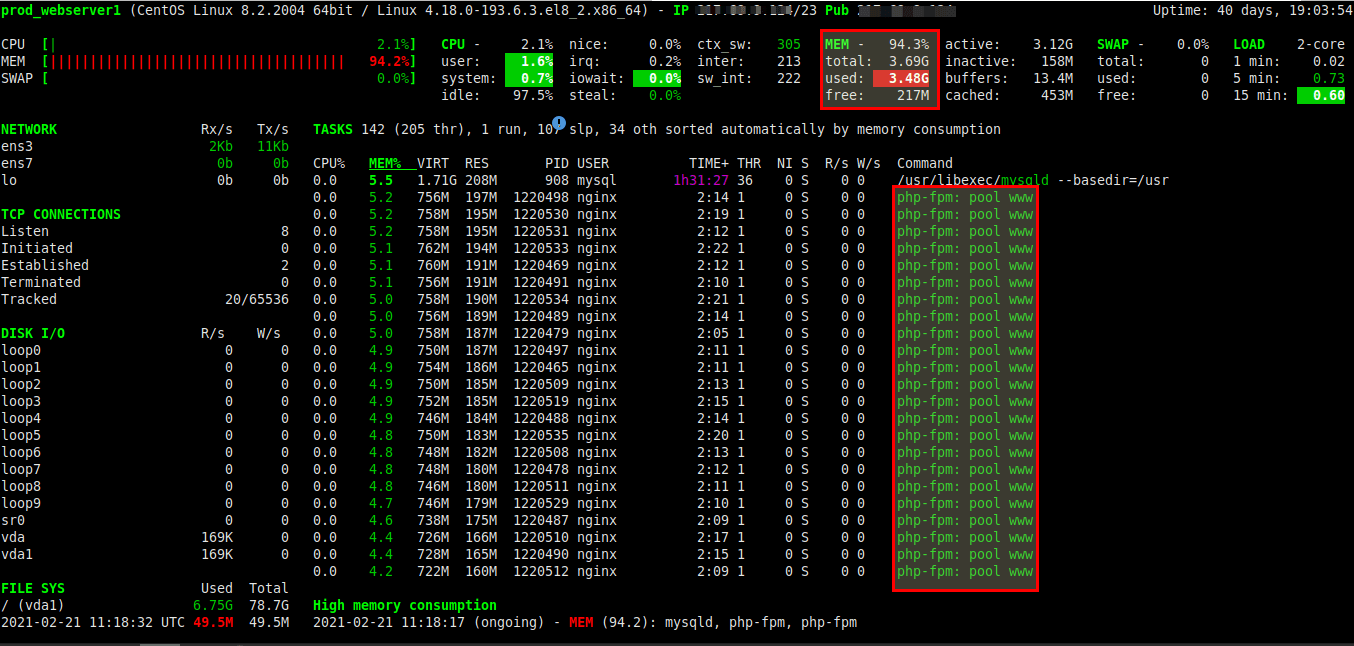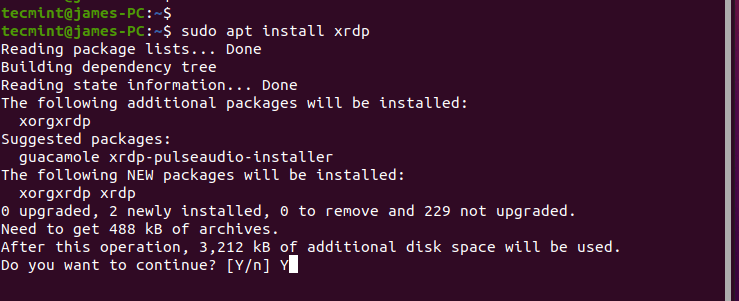Apache NIFI is an open-source scalable tool to manage transformation, data routing, and system mediation logic. To put it in layman’s terms nifi simply automates the flow of data between two or more systems. It is cross-platform and written in Java that supports 180+ plugins that allow you to interact with different kinds of systems.
Ubuntu Tips - Page 2 of 10 - DesignLinux
How To Install Jenkins on Ubuntu 20.04/18.04
Jenkins is a leading self-contained open-source automation server that is used to automate repetitive technical assignments involved in building, testing, and delivering or deploying software. Jenkins is Java-based and can be installed through Ubuntu packages, Docker, or by downloading and running its web application archive (WAR) file that includes all the contents of a web
How To Install Java with Apt on Ubuntu 20.04
Java is one of the most popular programming languages and the JVM (Java’s virtual machine) is the run-time environment to run Java applications. These two platforms are required for much popular software that includes Tomcat, Jetty, Cassandra, Glassfish, and Jenkins. In this article, you will learn how to install Java Runtime Environment (JRE) and the
How to Install SQLite and SQLite Browser in Ubuntu
SQLite is a lightweight, small and self-contained RDBMS in a C library. Popular databases like MySql, PostgreSQL, etc. works in the client-server model and they have a dedicated process running and controlling all the aspects of database operation. But SQLite has no process running and has no client-server model. SQLite DB is simply an file
How to Install Terraform in Linux Distributions
In this article, we will discuss what Terraform is and how to install terraform on various Linux distributions using HashiCorp repositories. What is Terraform? Terraform is a popular cloud orchestration tool in the world of automation, which is used to deploy your infrastructure through the IAC (Infrastructure as code) approach. Terraform is built by Hashicorp
How to Use Two-Factor Authentication with Ubuntu
Over time, the traditional username and password authentication has proven inadequate in providing robust security to applications and systems. Usernames and passwords can easily be cracked using a plethora of hacking tools, leaving your system vulnerable to breaches. For this reason, any company or entity that takes security seriously needs to implement 2-Factor authentication. Colloquially
How To Prevent PHP-FPM From Consuming Too Much RAM in Linux
If you have deployed a LEMP (Linux, NGINX, MySQL/MariaDB, and PHP) stack, then you are probably using FastCGI proxying within NGINX (as an HTTP server), for PHP processing. PHP-FPM (an acronym of FastCGI Process Manager) is a widely-used and high-performance alternative PHP FastCGI implementation. Here are the useful guides on setting up LEMP Stack in
How to Install ReactJS on Ubuntu
Developed by Facebook in 2011, React (also referred to as ReactJS) is a Javascript library used for creating fast and interactive user interfaces. At the time of writing, it’s the most popular Javascript library for developing user interfaces. React trounces its counterparts – Angular and Vue JS in terms of functionality and popularity. Its popularity
How to Install Wine 6.0 in Ubuntu
Wine is a nifty utility that allows users to run Windows applications inside a Linux environment. Wine 6.0 is finally out, and it ships with an array of numerous improvements and a total of 40 bug fixes. Some of the key areas that have witnessed great changes include: Text console redesign Vulkan support enhancements Text
How to Install Xrdp on Ubuntu 20.04
Xrdp is an open-source equivalent of Microsoft’s Remote Desktop Protocol (RDP). With xrdp installed on a Linux system, users can remotely access the Linux desktop using an RDP client as we shall demonstrate later in this article. It’s completely free to download and use. Without much further ado, let’s see how you can install Xrdp










